Or how to practice equity leadership around disability.
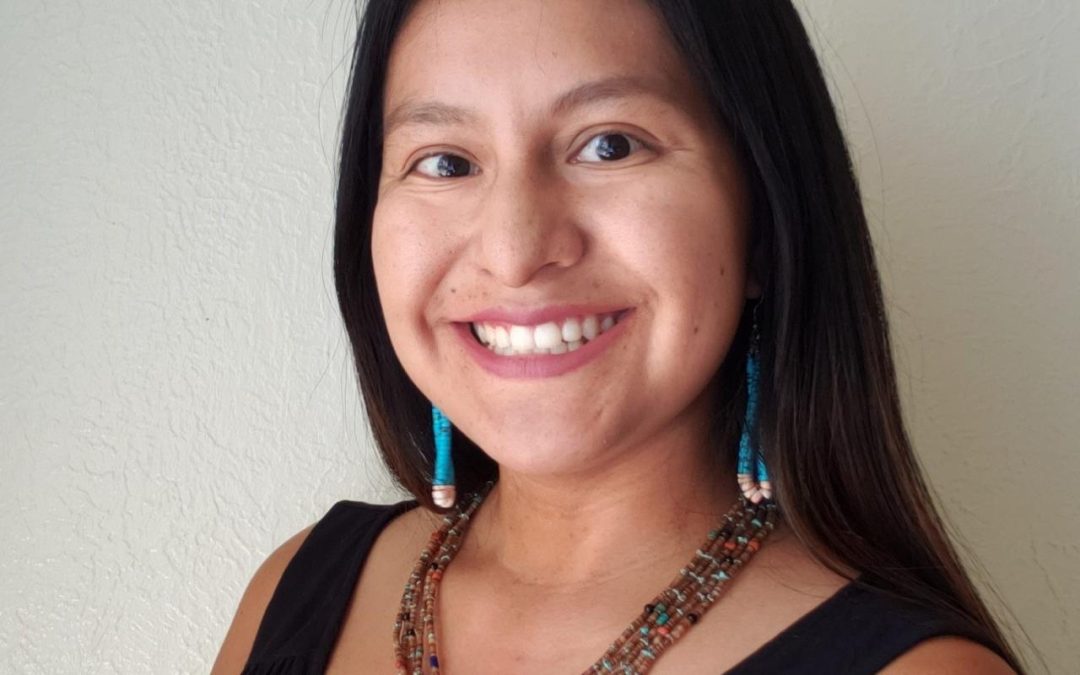

Or how to practice equity leadership around disability.

The 1-year-old Rural MPA Initiative is raising awareness of how such plans might work in rural California and beginning to reap benefits.
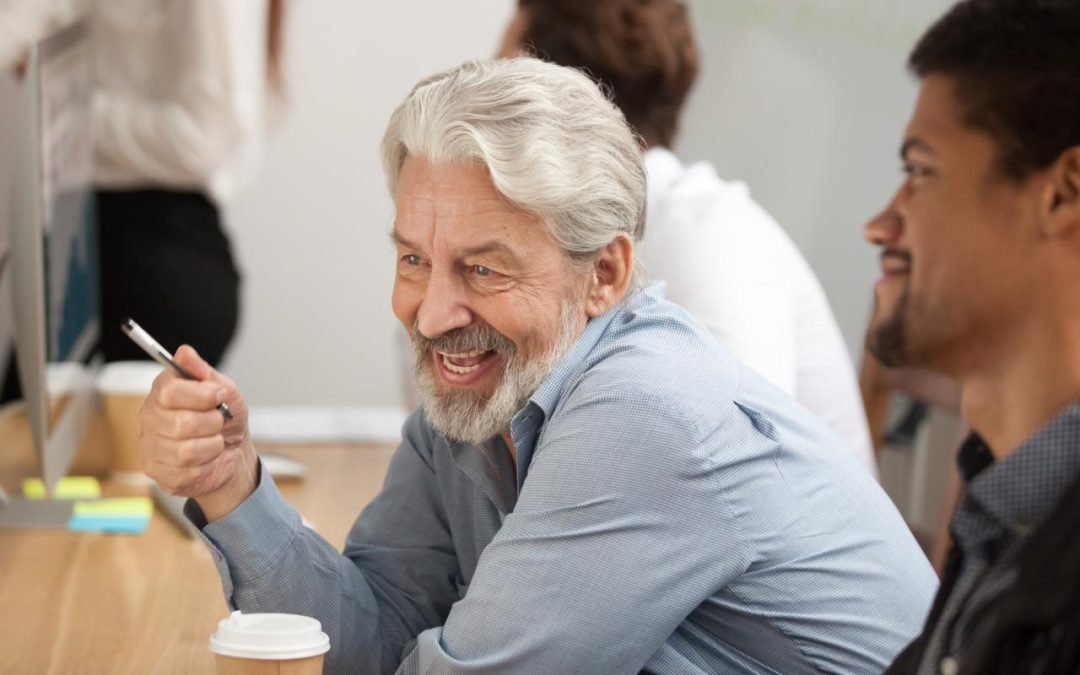
To retain employees, job quality, employee well-being and training are key focus areas.

Taking in lessons in vulnerability from a professional.

Food is medicine programs could revolutionize the healthcare industry and improve the health and well-being of millions of Americans.
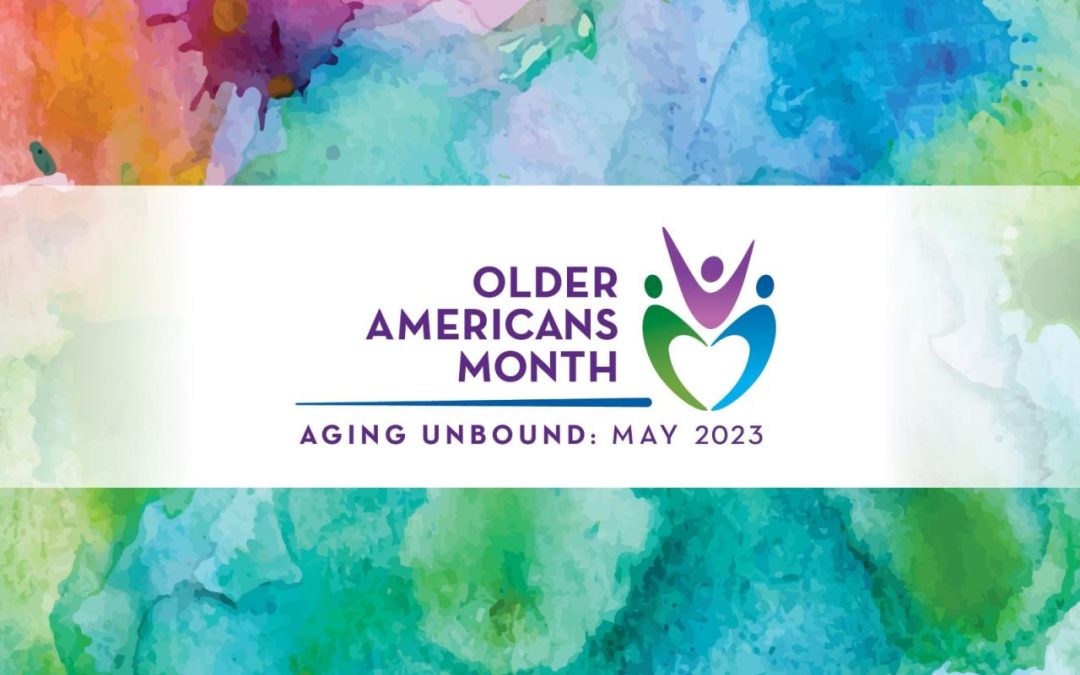
Four ways to cut the ties tethering aging to ageism.
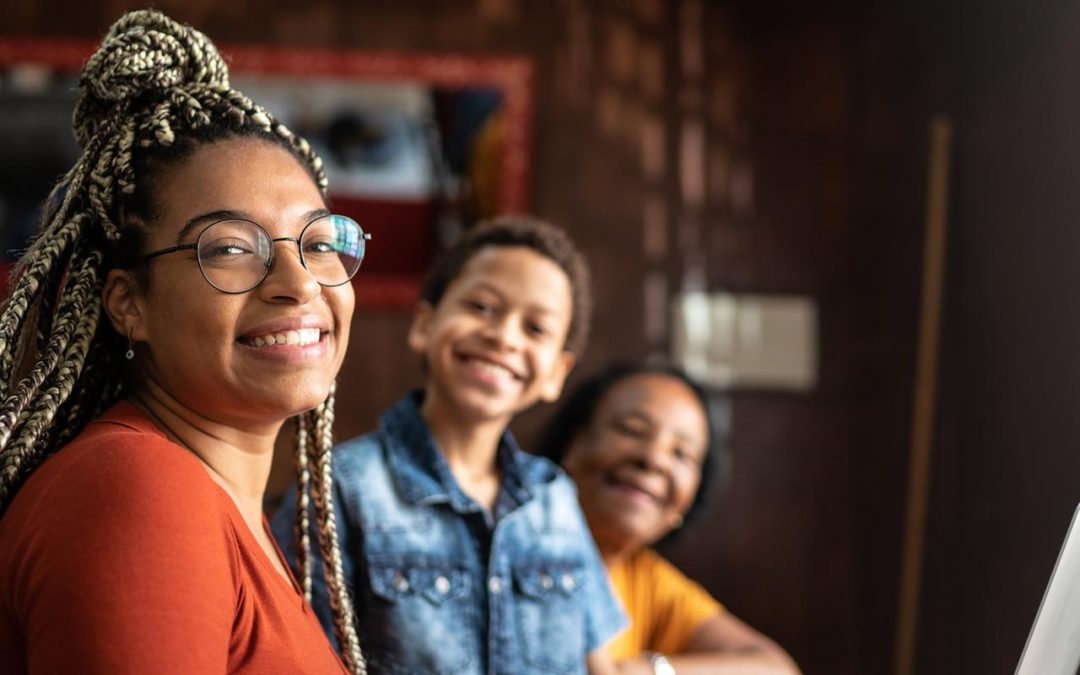
One Massachusetts AAA’s perspective on grandparents raising grandchildren.
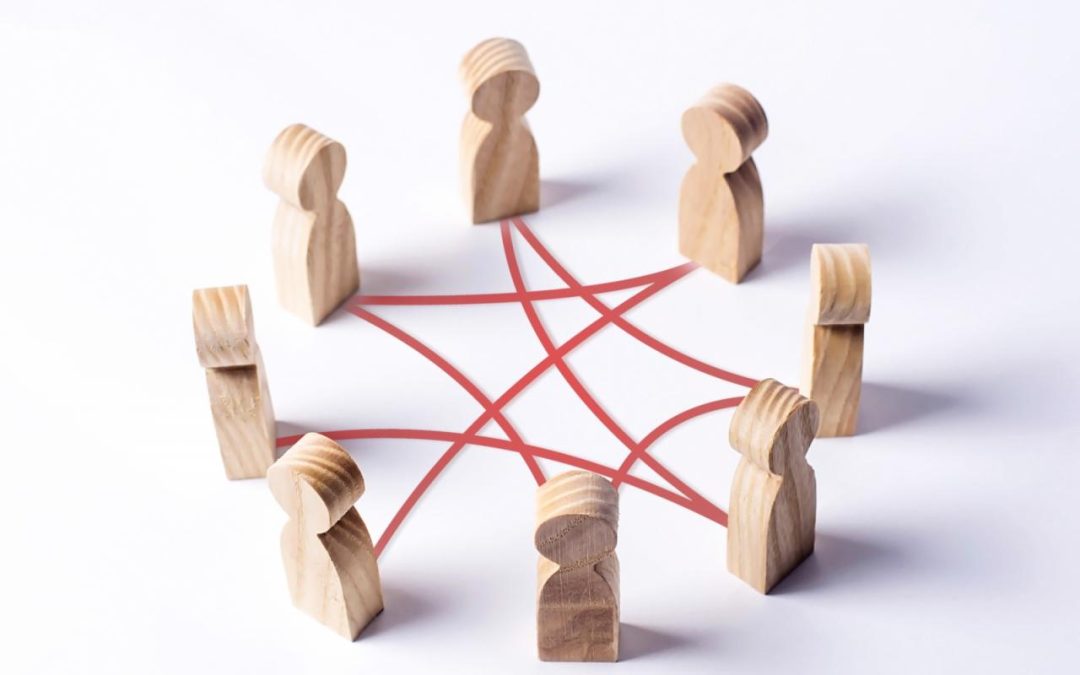
As the population rapidly ages, it is urgent that public and private sectors ditch working in silos to ensure continuity of care.
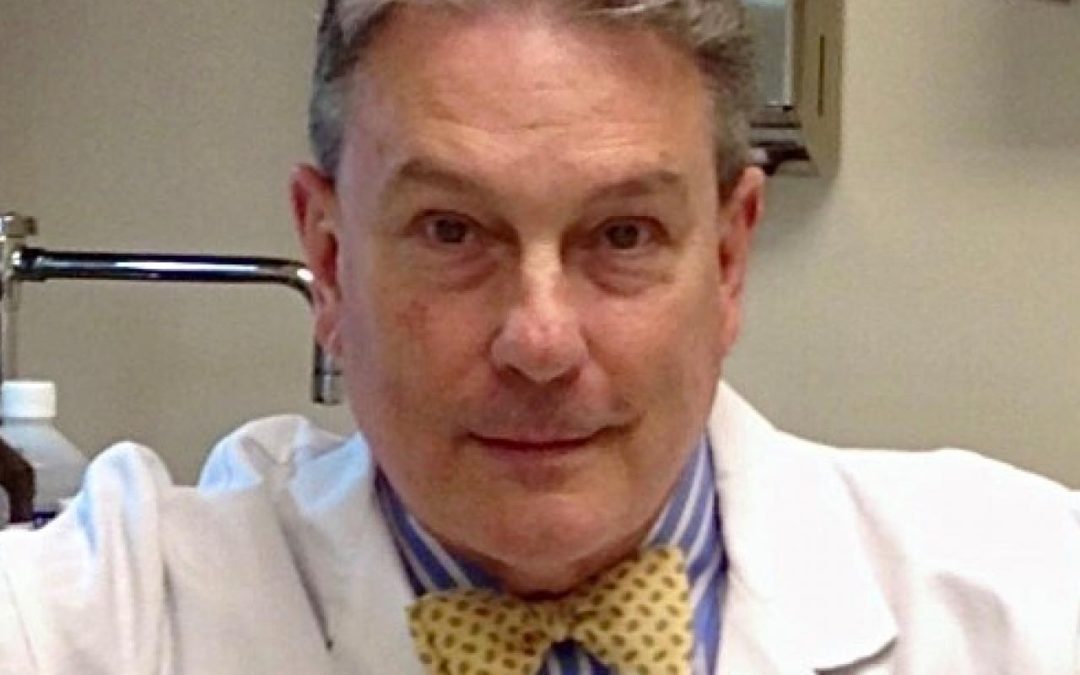
And it brings many unexpected and powerful human moments.
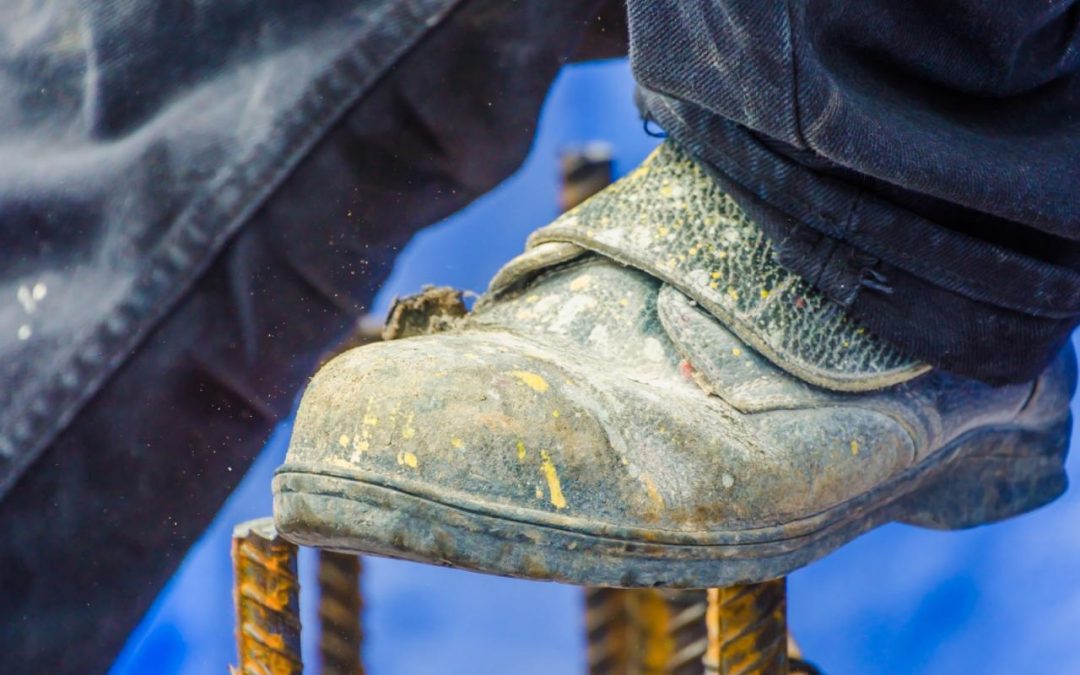
Stories from the field: One occupational medicine PA on getting people back to work, or not.
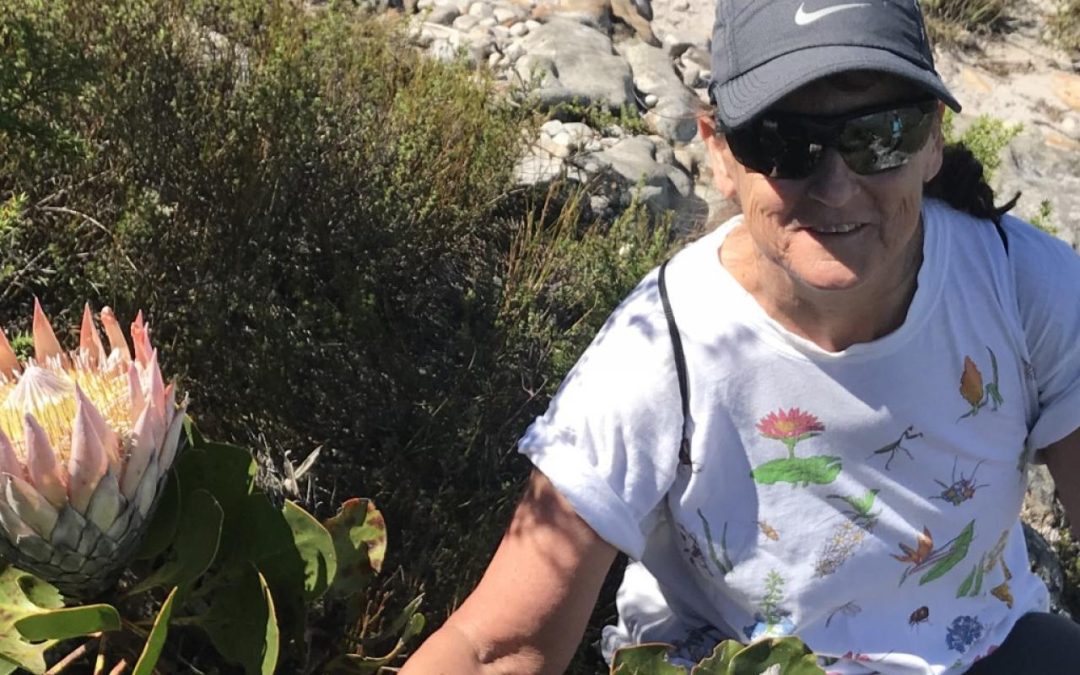
Decades in the field haven’t come close to dampening Dr. Freddi Segal-Gidan’s enthusiasm for her work as a PA/Gerontologist.
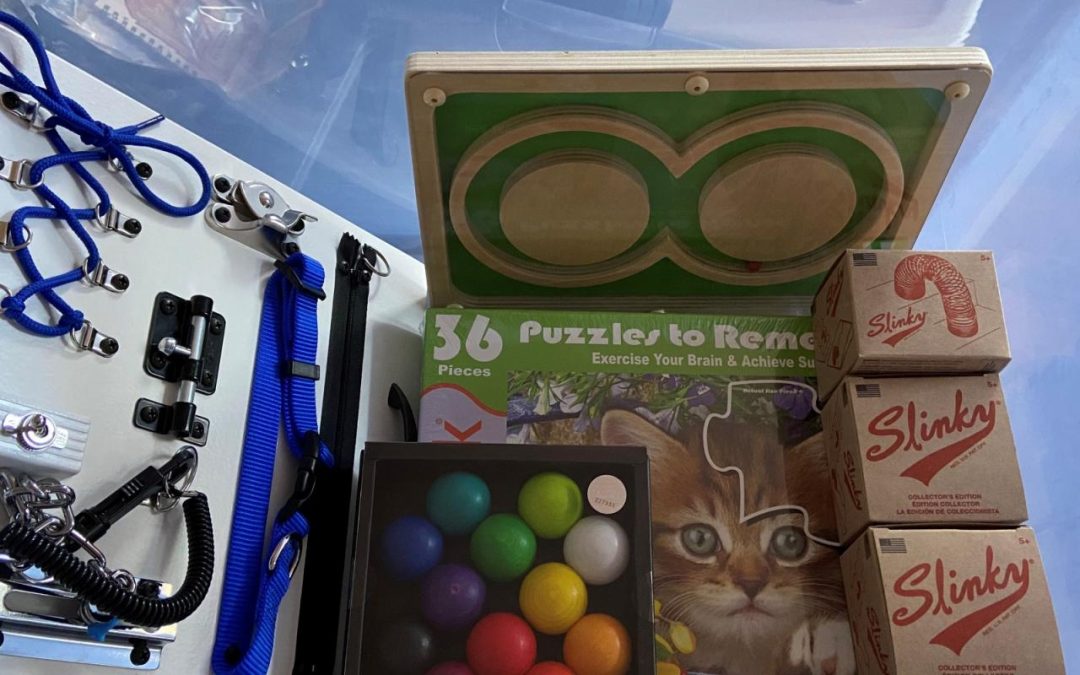
Lessons from the Louisiana Geriatrics Workforce Enhancement Program.
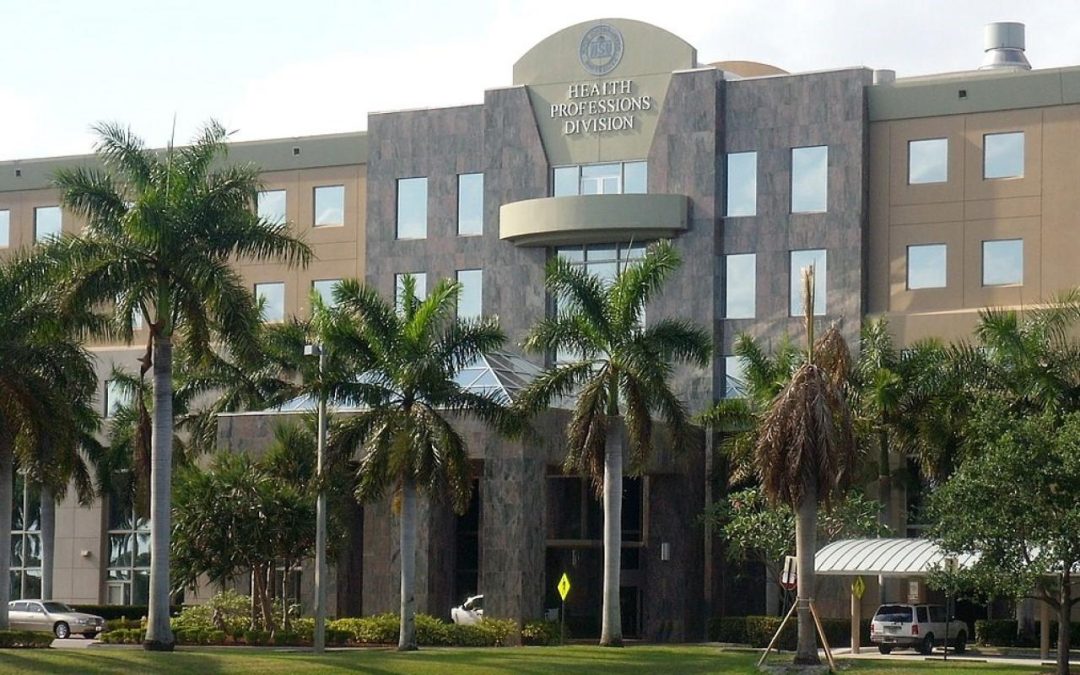
Details on what Geriatric Workforce Enhancement Programs really do.

Relying upon an intrinsic motivation to work with older adults will not be enough to attract more workers to this field.
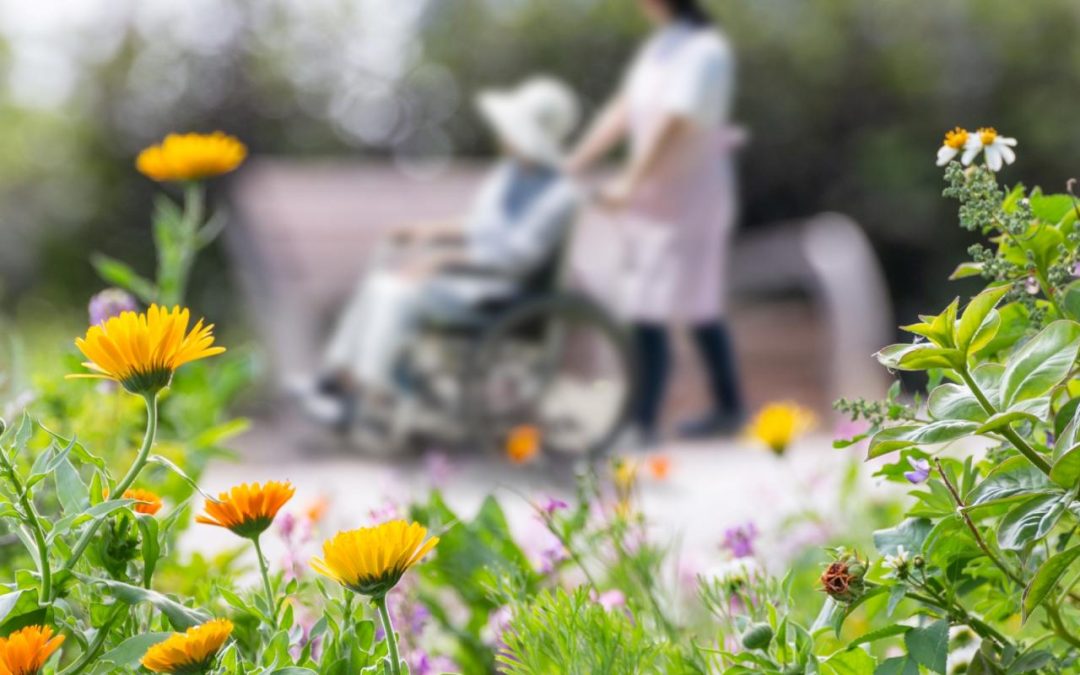
Stories from the field: One nurse practitioner’s experience and why it’s so rewarding.
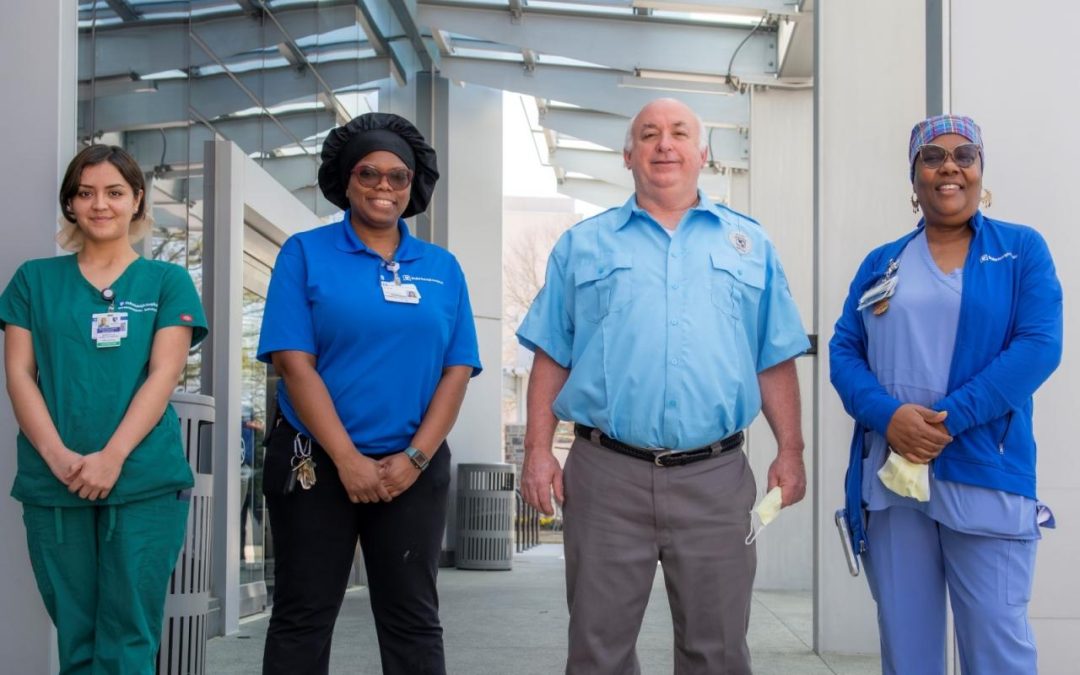
Duke University Health System is on a journey to create a more equitable culture.
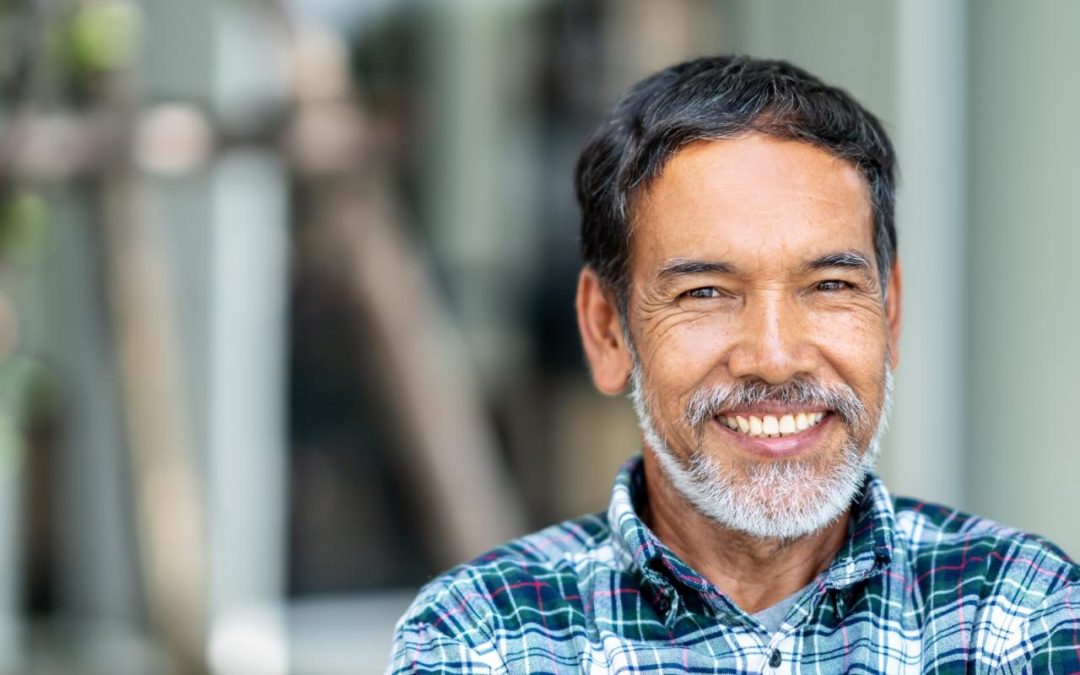
During Older Americans Month, let’s think of the older adults who work in direct care jobs and how we might make those jobs more stable and alluring.
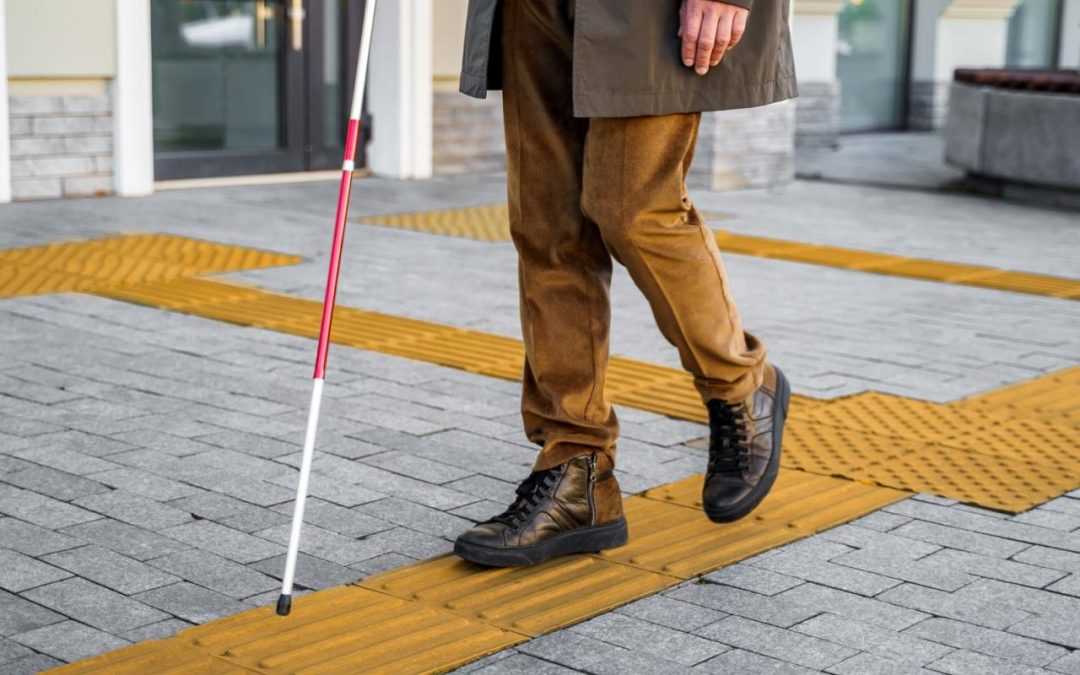
Research to determine the most immediate needs is key to allocate resources to groups who would most benefit.

Enhancing housing opportunities through adaptive reuse.
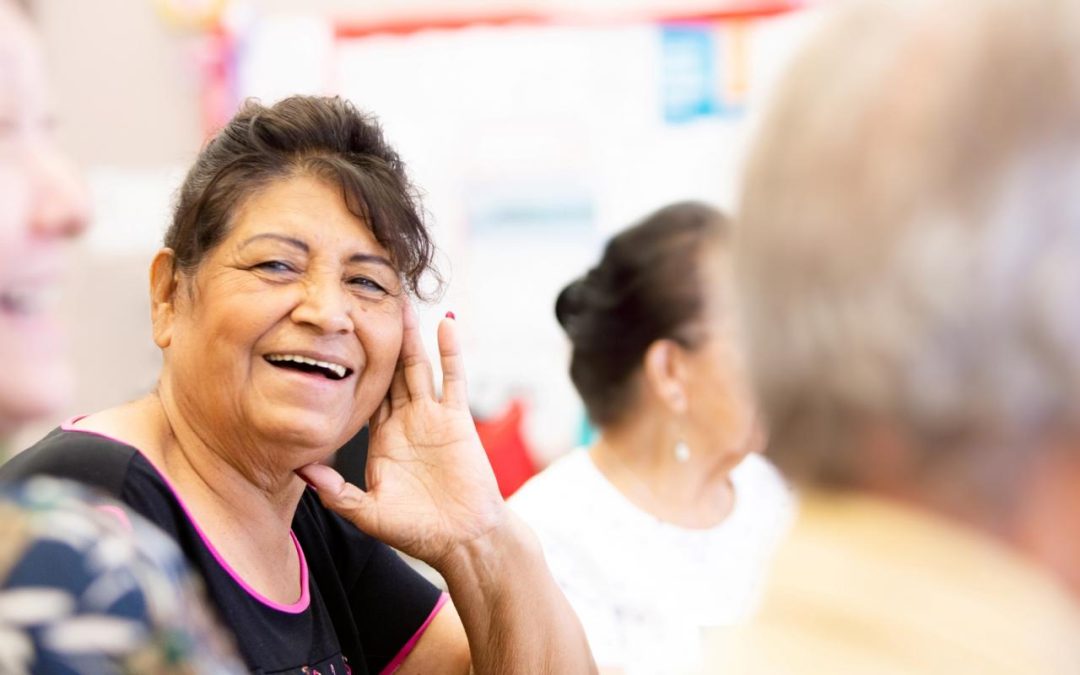
For persons living with dementia to live well throughout the course of the disease, we must embrace person-centered care.